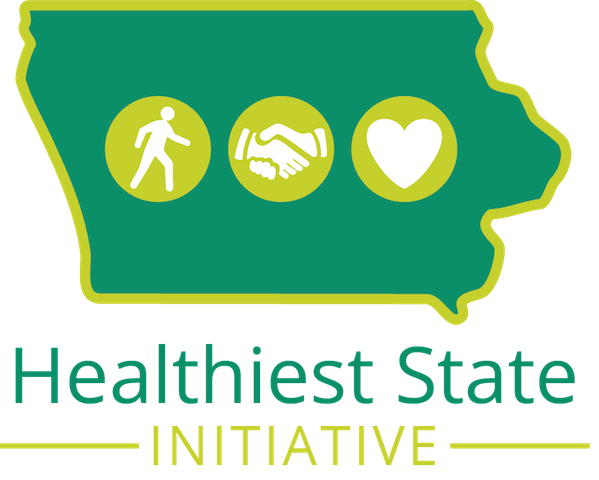Marty’s Story
Marty Parrish woke up one morning in the fall of 1980 feeling exhausted. He didn’t see the point of getting out of bed. And he didn’t — for three days.
Parrish, a 17-year-old living in Michigan at the time, missed school, but didn’t exactly understand what was happening to him. Due to the stigma around mental illness, Parrish wasn’t comfortable turning to the health care system. He was also religious, and figured praying could heal him.
While he eventually did move into a period of wellness, he still knew there was something wrong. Looking back now, Parrish understands that period as his first major depressive episode — one of the several he endured in his more than three-decade journey with chronic depression, which is caused by chemical imbalances in the brain.
“Depression doesn’t necessarily hit all at once,” Parrish said. “It can creep up on you. And it may have been creeping, and I just didn’t know it.”
Parrish alternated between periods of wellness and depression as his life progressed. Through college, his early career and his later move to Texas, Parrish struggled. In 1987, for the first time, Parrish started to self-medicate with alcohol, which only exacerbated is mental illness. One Sunday morning before church, Parrish needed four shots of rum to even muster up the courage to attend.
According to the Addiction Center, at least 30-40% of alcoholics also experience a depressive disorder. People often turn to alcohol to mask their feelings of sadness. That’s what drew Parrish to drinking, and it led him down a path of alcoholism for more than 20 years.
Parrish still found success professionally. He owned a tax accounting firm and sold it to Jackson Hewitt in his early 40s, thinking it was the last time he’d have to work. But he eventually overspent his money — sometimes a side effect of depression — leading him to stints on family members’ couches. He sought treatment for his alcoholism at various inpatient hospitals, but continued to drink.
"Now today, I’m not as likely to hide it. I’m more likely to just say I’m not having a good day. Just a bad brain day. It’s taken me more than 30 years to figure that out that this is an issue.”
In 2007, Parrish moved to Des Moines and met a woman named Peggy Huppert. She and Parrish’s regular therapist were crucial in influencing him to manage his drinking and depression. In 2011, they gave him an ultimatum: go to inpatient treatment or our relationships are over. Parrish obliged. He’s been sober since July 21, 2011. He and Huppert, who became the executive director of NAMI Iowa, eventually married.
Six years later, in 2017, Parrish underwent transcranial magnetic stimulation, or TMS, which uses magnetic fields to stimulate nerve cells in the brain to improve symptoms of depression. Since then, he’s been depression-free without the use of medication for the first time in about 35 years.
“I’m the most relieved now than I have been since I was 17,” Parrish said.
Parrish is in a good place. He used to look at his story as a source of shame, but today he shares it willingly to help others who are in a tough place. When he looks back at his battle with depression, he said the hardest part was the constant hiding and coping. It was a daily grind that made it difficult to charge on.
“You had to get up, and you had to participate in society,” Parrish said. “The first thing you had to figure out how to get out of bed and get dressed. That made it hard, and I had to try and pretend I was well. Now today, I’m not as likely to hide it. I’m more likely to just say I’m not having a good day. Just a bad brain day. It’s taken me more than 30 years to figure that out that this is an issue.”



